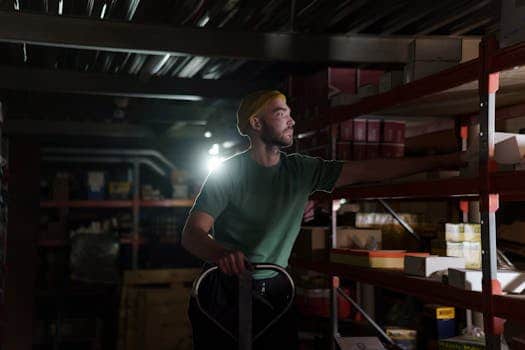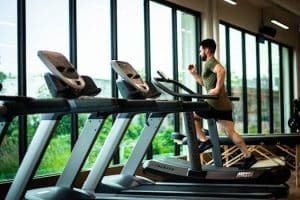Human-Robot Integration Coaches: Automation Guides
The integration of robots into various industries has been rapidly growing in recent years. From manufacturing to healthcare, the capabilities of robots continue to expand and play a significant role in enhancing productivity and efficiency. However, as more and more robots are introduced into the workforce, the need for human-robot integration coaches has also emerged. These coaches serve as guides for organizations to successfully incorporate automation through effective communication and collaboration between humans and robots. In this article, we will dive deeper into the role of human-robot integration coaches and how they guide organizations towards automation success.
The Rise of Human-Robot Integration Coaches
With the advent of Industry 4.0, the implementation of advanced technologies such as robotics, artificial intelligence, and machine learning has become increasingly prevalent. These technologies have undoubtedly brought significant advancements and improved efficiency in various industries. However, with the integration of these technologies, there comes a need for a new set of skills and expertise from individuals who can bridge the gap between humans and machines.
Human-robot integration coaches, also known as automation guides, are professionals trained to facilitate the integration of robots into the workforce. They possess a unique blend of technical expertise, people skills, and business acumen to guide organizations towards a successful automation journey. These individuals act as intermediaries, providing training and guidance to individuals and teams at all levels of an organization.
The Role of Human-Robot Integration Coaches
Effective Communication Channels
One of the primary roles of human-robot integration coaches is to establish effective communication channels between humans and robots. This involves understanding and interpreting the needs and capabilities of both parties and finding ways for them to work together seamlessly. Coaches facilitate communication by breaking down complex technical jargon into simple terms that both humans and robots can understand.
Training and Education
Human-robot integration coaches also play a crucial role in training and educating individuals and teams on how to interact and collaborate with robots. They provide hands-on training on how to operate and program robots, as well as how to troubleshoot any technical issues that may arise. Additionally, coaches also educate employees on how to work alongside robots safely, addressing any concerns or fears they may have.
Collaboration and Teamwork
Another essential responsibility of human-robot integration coaches is to foster collaboration and teamwork between humans and robots. By creating a culture of collaboration and mutual understanding, coaches ensure that both parties work together towards a common goal. They also encourage employees to provide feedback on their experiences working with robots, which can help improve the integration process and identify any potential issues.
The Benefits of Human-Robot Integration Coaches
Successful Implementation of Automation
The primary benefit of human-robot integration coaches is that they enable organizations to successfully implement automation into their processes. With their expertise, coaches can identify the right areas where robots can be integrated and how they can work alongside humans to optimize efficiency and productivity. This results in a smoother transition towards automation and a higher chance of achieving the desired outcomes.
Improved Human-Robot Relationships
Human-robot integration coaches also play a crucial role in building and maintaining healthy relationships between humans and robots. By fostering collaboration and constant communication, coaches eliminate any potential animosity or distrust between humans and robots. This, in turn, promotes a positive and efficient work environment.
Continuous Improvement and Optimization
Furthermore, human-robot integration coaches also help organizations continuously improve and optimize their automation processes. By constantly monitoring and collecting feedback from employees, coaches can identify any areas that need improvement and suggest ways to optimize processes for better results.
Conclusion
Human-robot integration coaches are essential in ensuring successful integration and collaboration between humans and robots. With their expertise, they serve as valuable guides in navigating organizations towards a more automated future. By fostering effective communication, providing training and education, and promoting collaboration, these coaches play a crucial role in improving efficiency, productivity, and relationships between humans and robots.
As the use of robots continues to grow, the role of human-robot integration coaches will only become more critical. Organizations looking to incorporate automation into their processes should consider enlisting the help of these professionals to ensure a smooth and successful transition. After all, with the right guidance, humans and robots can work together to achieve unparalleled levels of efficiency and productivity.







